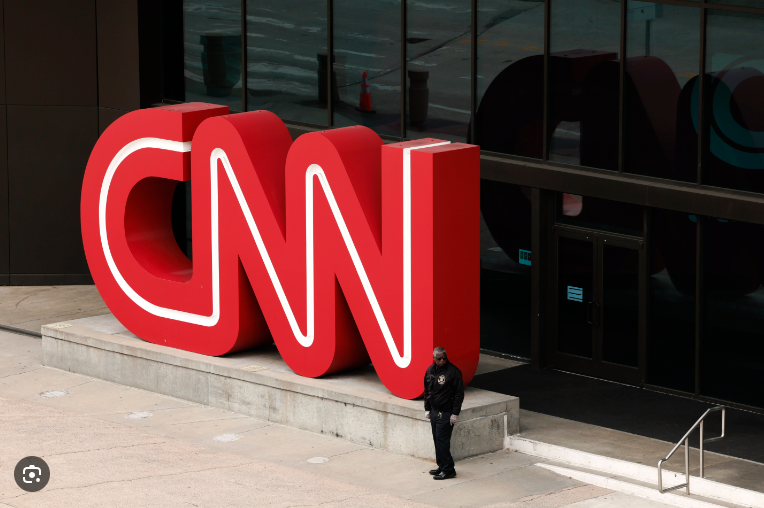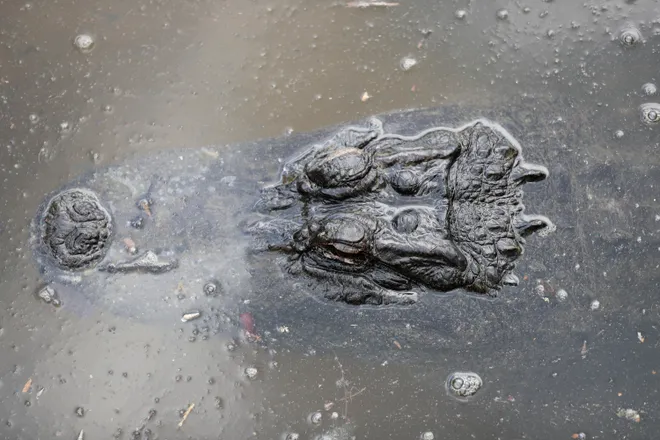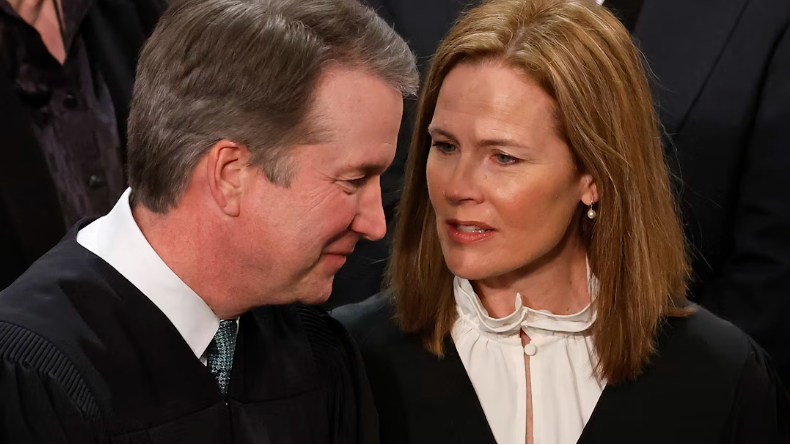A recent interaction between a CNN reporter and a young boy during a political segment has gone viral, causing much amusement online.
During a segment meant to capture the thoughts of young children on the 2024 election, a CNN reporter asked a boy, “What is the first word that pops into your head when you hear “Kamala Harris?”
The boy’s unfiltered response? “Liar!”
The hilarious answer was part of a larger CNN project that gathered insights from 10-year-olds across different political landscapes in the U.S. The goal of the project was to understand how children perceive today’s political climate.
WATCH:
The network set out to interview children from different political backgrounds to see how young Americans perceive the current political climate, and the viral exchange was just one of many insightful—and at times humorous—moments.
The CNN article detailing the project goes deeper into the perspectives of children across different regions of the U.S., revealing the political biases that even the youngest Americans hold. The network conducted interviews with 80 elementary school students from Arizona, New Jersey, and Texas—three states representing different political climates—and asked them to share their thoughts on both Vice President Kamala Harris and former President Donald Trump.
The responses about Trump varied, with some being positive, like one kid in May who exclaimed, “Go America!” Others, however, were extremely negative. Harris faced criticism as well, with one child describing her in just one word: “Liar.”
As expected, the children’s views often reflected the political leanings of their parents. In blue states like New Jersey, most of the kids interviewed were more supportive of Harris and critical of Trump. In Texas, a red state, the opposite was true, with many children expressing positive views of Trump and more critical opinions of Harris. The study, conducted in part by Arizona State University’s Asheley Landrum and Stanford University’s Shanto Iyengar, sought to understand how children are influenced by their environment when forming political opinions.
Some children who supported Trump admitted some of his flaws, yet they offered notable rationalizations for his actions. One boy pointed out a historical comparison, saying, “a really bad thing, but they still had two terms” about George Washington and Thomas Jefferson owning slaves. “So I think, even though Trump has done bad stuff, he still deserves to run for president.”
One of the most stirring findings was that children from Democrat-leaning families were more likely to express extreme negative opinions about Trump, with some kids even resorting to outlandish comparisons to historical figures like Adolf Hitler. In contrast, Republican-leaning children displayed a more thoughtful approach, often offering justifications for Trump’s actions and showing a greater willingness to overlook his legal troubles, focusing instead on his accomplishments and policies.
When asked to describe Trump in one word, the answers varied widely—from “Go America!” to “pure evil”—depending on the child’s political background. Similarly, Harris received mixed responses, with words like “inspiring” from Democrat-leaning kids and more negative descriptors from those in conservative households. With both Harris and Trump gearing up for what is likely to be a contentious 2024 election, these early insights into how children view the political field offer a glimpse into the future of American politics.



